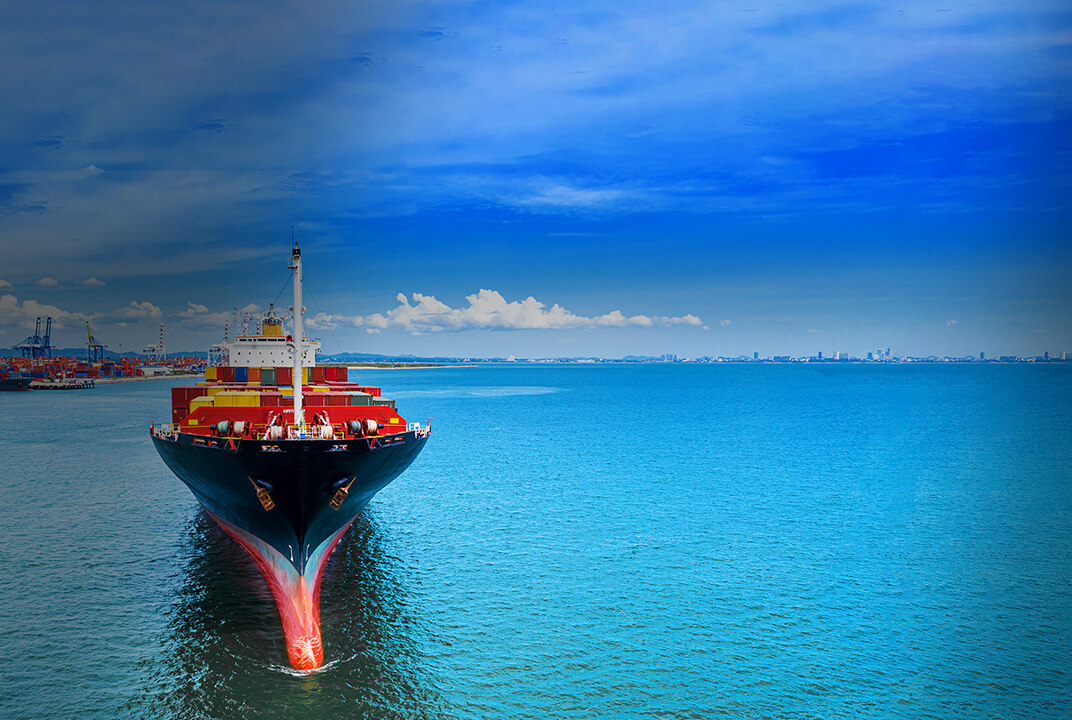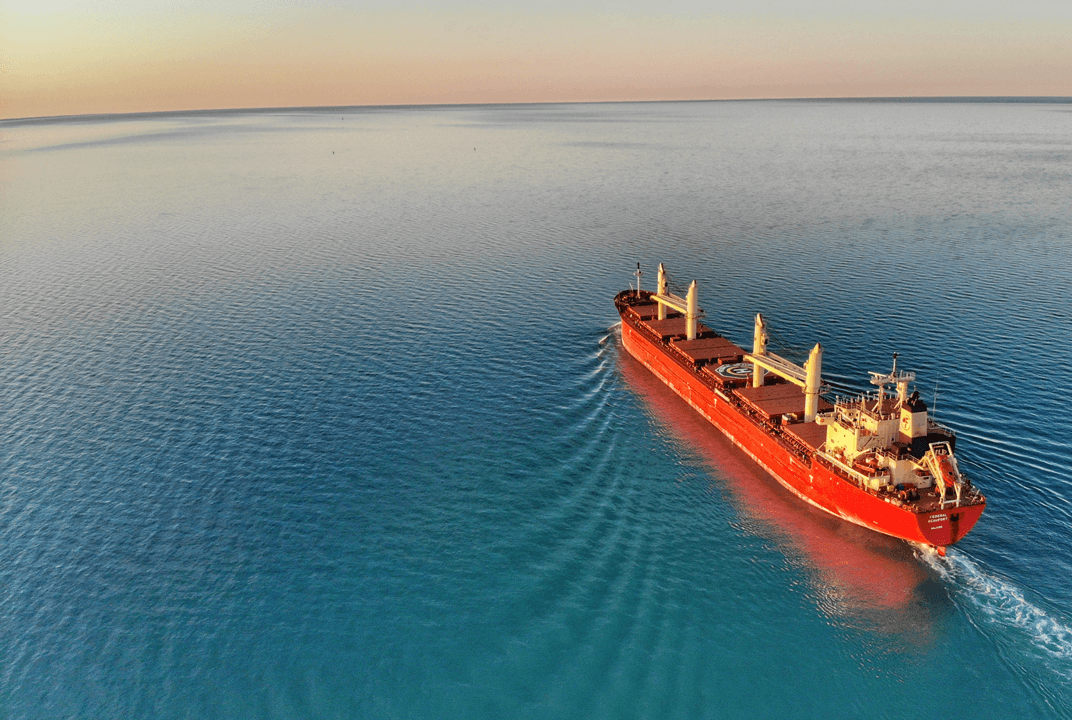Insight | Collaboration and interoperability needed for a ‘smart’ maritime industry
Collaboration and interoperability needed for a ‘smart’ maritime industry
null
The Smart Maritime Network (SMN) was established in January 2019 to provide a platform to promote the benefits of enhanced integration and data sharing among stakeholders within the maritime and transport logistics sectors, with the goal of driving increased harmonisation in IT development and improving interoperability between the different technology systems employed in the maritime sector.
This initiative has emerged in response to the rapid changes that have been taking place in maritime digitalisation over the last decade, and in the last three years in particular, creating a need for greater integration between technology systems from different suppliers. The lack of standardisation in the IT systems available to shipping is a common frustration among industry professionals, both vendors and users, as it creates difficulties in linking different equipment and applications together and inhibits sharing of data, within the company itself and more widely with external stakeholders.
The recent growth in the broadband capacity available at sea, driven by huge investment by satellite operators like Inmarsat in next-generation technologies, has accelerated the capabilities of shipping companies to collect and share data. However, much of the maritime industry’s legacy technology infrastructure does not lend itself to easy integration, which limits companies’ ability to fully grasp the opportunities created by access to better communications and maximise the potential value of their data.
Everybody benefits if bridge systems, for example, can share data more easily with other third-party software applications, which can then integrate seamlessly with the onboard communications set-up for further data analysis on shore. If data collected by sensors installed on a vessel can be directly shared with optimisation applications to enhance performance then the value of the sensors and the software are both enhanced – and the technology system as a whole can provide more benefit to the shipping company end-user.
We need to bring this philosophy of cooperation and mutual benefit to maritime technology, to start talking about the areas where systems developers are not competing and where they can collaborate better to allow digitalisation to work more efficiently for the industry as a whole.
Thankfully, there are a number of major maritime technology companies that support this view of the potential benefits of collaboration and are keen to explore these issues further. This has led to the creation of the Smart Maritime Council, a series of global meetings for technology developers and systems integrators to come together and discuss the development of a wider range of mutually beneficial partnerships, on issues relating to compatibility, standardisation and harmonisation.
The goal of the Council is to include a variety of voices that represent the different stakeholders in the industry, to widen the net for collaborative projects and gain different perspectives on suggested standards. We’re fortunate enough to have a diverse group already involved, covering technologies like communications, computer hardware, software and bridge systems, while a number of major shipping companies from different global markets have also joined the initiative to advise on their requirements when it comes to integrating technology systems.
Inmarsat was one of the first maritime technology companies to support the initiative and join the Smart Maritime Council, and is expected to play a key role in the Council’s discussions on standardisation and harmonisation of maritime IT going forward. As a satellite communications provider Inmarsat is agnostic with regard to the format of the data carried across its network – where it’s all just bits and bytes – but recognises the potential benefits that all parties stand to gain by improving interoperability in technology systems.
A better connected shipping industry, where real-time data can be collected and analysed by digital technologies to support decision making, will help to ensure safer, sustainable and more efficient operations in the future. This is in the interests of every maritime stakeholder, as well as the wider logistics network on shore – working together to achieve that goal through collaboration is our best chance of success.
About the author
Rob O’Dwyer is Chief Network Officer and co-founder of the Smart Maritime Network, headquartered in Dublin, Ireland. Rob has been involved in the maritime technology industry since 2005, working as Editor of one of the leading industry journals covering the vessel IT sector for more than a decade. He also previously worked as a Communications Consultant in South Korea, collaborating on projects with a number of global brands.


